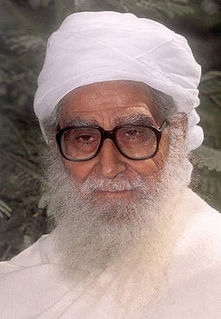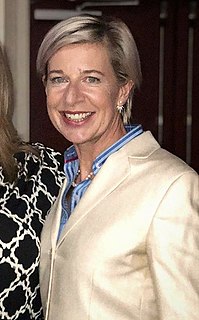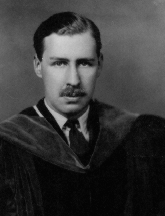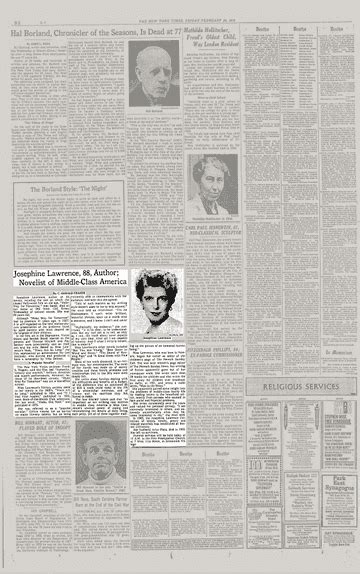A Quote by Slavoj Žižek
True universalists are not those who preach global tolerance of differences and all-encompassing unity, but those who engage in a passionate struggle for the assertion of the Truth which compels them.
Related Quotes
We do not seek the unanimity that comes to those who water down all issues to the lowest common denominator - or to those who conceal their differences behind fixed smiles - or to those who measure unity by standards of popularity and affection, instead of trust and respect. We are allies. This is a partnership, not an empire. We are bound to have differences and disappointments - and we are equally bound to bring them out into the open, to settle them where they can be settled, and to respect each other's views when they cannot be settled.
The real differences around the world today are not between Jews and Arabs; Protestants and Catholics; Muslims, Croats, and Serbs. The real differences are between those who embrace peace and those who would destroy it. Between those who look to the future and those who cling to the past. Between those who open their arms and those who are determined to clench their fists.
If we simply preach the effects of redemption in the human life instead of the revealed, divine truth regarding Jesus Himself, the result is not new birth in those who listen. The result is {only} a refined religious lifestyle . . . we must make sure that we are living in such harmony with God that as we proclaim His truth He can create in others those things which He alone can do.
Unlimited tolerance must lead to the disappearance of tolerance. If we extend unlimited tolerance even to those who are intolerant, if we are not prepared to defend a tolerant society, then the tolerant will be destroyed, and tolerance with them. We should therefore claim, in the name of tolerance, the right not to tolerate the intolerant.
Tolerance can be exercised only by those who have well-grounded convictions (although it will not always be exercised even by them). For such people tolerance is an act of self-abnegation; although they are convinced that those who differ from them must be wrong, they nevertheless will protect their rights.
Men do not live by truth alone; they also need lies: those that they invent freely, not those that are imposed on them; those that appear as they are, not smuggled in beneath the clothes of history. Fiction enriches their existence, completes them and, fleetingly, compensates them for this tragic condition which is our lot: always to desire and dream more than we can actually achieve.







































